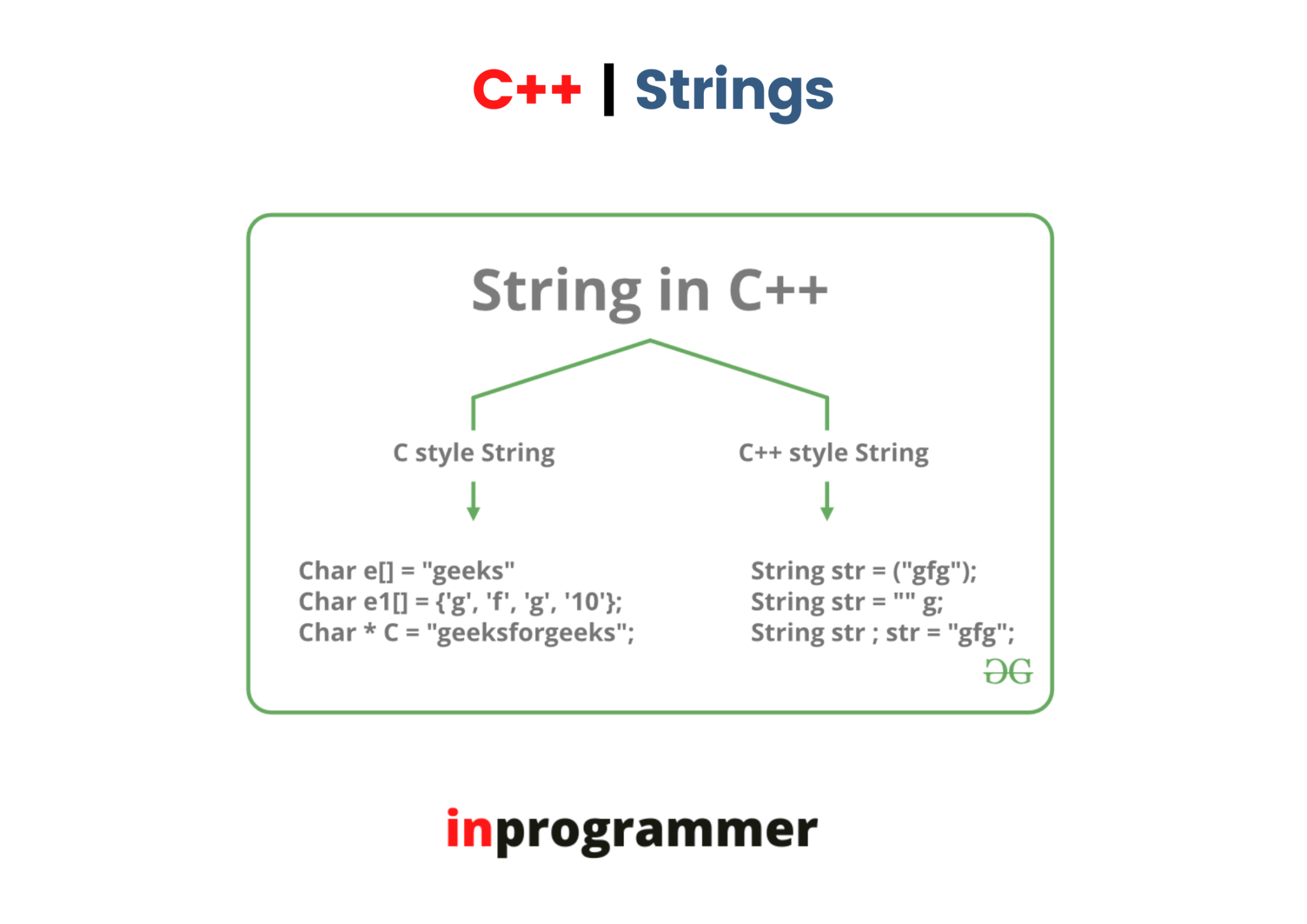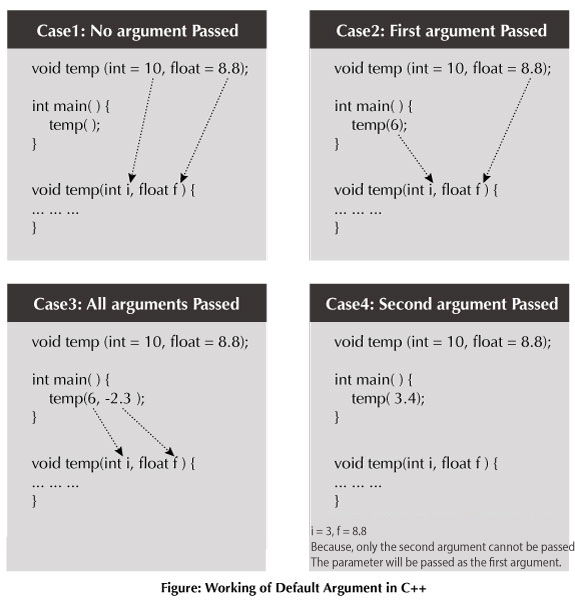C++ String Template Argument
C++ String Template Argument - Web 5 hours agosupposing i have two classes: Web you also want a from_string (), but instead of a class template it can be a function template: Web could someone post a minimal reproducible example of c++20's feature string template as template argument? This one from moderncpp does not compile:. Web default template arguments. Web #include template struct type_string_t { static constexpr const char data[sizeof.(chars)] = {chars.}; Web template argument deduction attempts to determine template arguments (types for type template parameters ti, templates for template template parameters. Web you can't use string literals as a template argument, for the simple reason that it's unspecified whether two instances of a literal with the same text are the same object or. Template < > // [2] struct named_type. Web template < fixed_string > // [1] struct named_type {}; So, the string literal “foo” is represented by cliteral<'f', 'o', 'o'>. Web you can't use string literals as a template argument, for the simple reason that it's unspecified whether two instances of a literal with the same text are the same object or. Web could someone post a minimal reproducible example of c++20's feature string template as template argument? Web. Web #include template struct type_string_t { static constexpr const char data[sizeof.(chars)] = {chars.}; Template < > // [2] struct named_type. Template t from_string (std::string const &);. Web you also want a from_string (), but instead of a class template it can be a function template: There is, however, a workaround which has a similar effect, but the string. Web you also want a from_string (), but instead of a class template it can be a function template: This one from moderncpp does not compile:. Chars> struct cliteral { static constexpr const char data[] = {chars., '\0'}; Template < > // [2] struct named_type. Web you can't use string literals as a template argument, for the simple reason that. Web the string class is an instantiation of the basic_string class template that uses char (i.e., bytes) as its character type, with its default char_traits and allocator types (see. Web stringify template arguments. So, the string literal “foo” is represented by cliteral<'f', 'o', 'o'>. Web template < fixed_string > // [1] struct named_type {}; Web you also want a from_string. So, the string literal “foo” is represented by cliteral<'f', 'o', 'o'>. Chars> struct cliteral { static constexpr const char data[] = {chars., '\0'}; Web #include template struct type_string_t { static constexpr const char data[sizeof.(chars)] = {chars.}; Web variadic templates can also be used to create functions that take variable number of arguments. Template < > // [2] struct named_type. Web variadic templates can also be used to create functions that take variable number of arguments. Web you can't use string literals as a template argument, for the simple reason that it's unspecified whether two instances of a literal with the same text are the same object or. There is, however, a workaround which has a similar effect, but the. Web template < fixed_string > // [1] struct named_type {}; Web could someone post a minimal reproducible example of c++20's feature string template as template argument? Web you also want a from_string (), but instead of a class template it can be a function template: Web default template arguments. Web variadic templates can also be used to create functions that. Web the string class is an instantiation of the basic_string class template that uses char (i.e., bytes) as its character type, with its default char_traits and allocator types (see. Class and function templates can have default arguments. Template t from_string (std::string const &);. Web as mentioned in other answers, a string literal cannot be used as a template argument. Web. Chars> struct cliteral { static constexpr const char data[] = {chars., '\0'}; Web as mentioned in other answers, a string literal cannot be used as a template argument. Web you also want a from_string (), but instead of a class template it can be a function template: Web #include template struct type_string_t { static constexpr const char data[sizeof.(chars)] = {chars.};. Is it possible in c++ to stringify template arguments? When a template has a default argument you can leave it unspecified. Class and function templates can have default arguments. They are often the better choice because they do not impose. Web stringify template arguments. Web as mentioned in other answers, a string literal cannot be used as a template argument. #include #define stringify (x) #x template. Web stringify template arguments. Web 5 hours agosupposing i have two classes: There is, however, a workaround which has a similar effect, but the string. Web variadic templates can also be used to create functions that take variable number of arguments. Web you can't use string literals as a template argument, for the simple reason that it's unspecified whether two instances of a literal with the same text are the same object or. Web template argument deduction attempts to determine template arguments (types for type template parameters ti, templates for template template parameters. Web you also want a from_string (), but instead of a class template it can be a function template: Template < > // [2] struct named_type. Chars> struct cliteral { static constexpr const char data[] = {chars., '\0'}; Static constexpr const size_t size = sizeof. Web could someone post a minimal reproducible example of c++20's feature string template as template argument? This one from moderncpp does not compile:. Template < > // [2] struct named_type < integer > {using type = int;}; Web default template arguments. Web #include template struct type_string_t { static constexpr const char data[sizeof.(chars)] = {chars.}; When a template has a default argument you can leave it unspecified. Web the string class is an instantiation of the basic_string class template that uses char (i.e., bytes) as its character type, with its default char_traits and allocator types (see. They are often the better choice because they do not impose.Passing string as arguments to function in c language. YouTube
Templates in C++_Arguments to templates and default value for template
C++ function parameters and arguments
C++ CStyle Strings as template arguments? YouTube
C++ C++ template specialization of function "illegal use of explicit
String as Function Argument Passing String to a Function in C++
C++ Template argument deduction for string literals YouTube
C++ STRING FUNCTIONS
C++ Programming Default Arguments (Parameters)
C++ Do nondependent default template arguments of function templates
Related Post:









